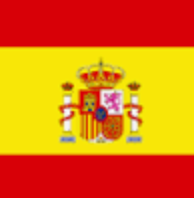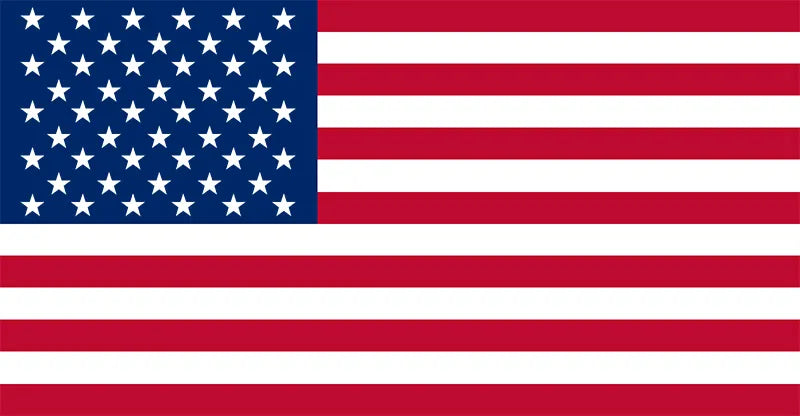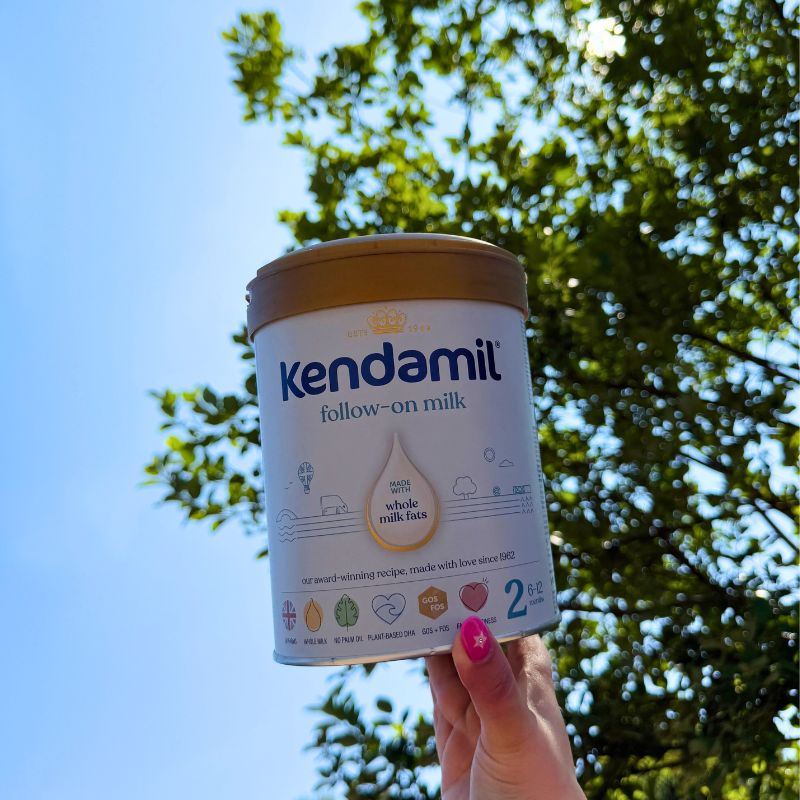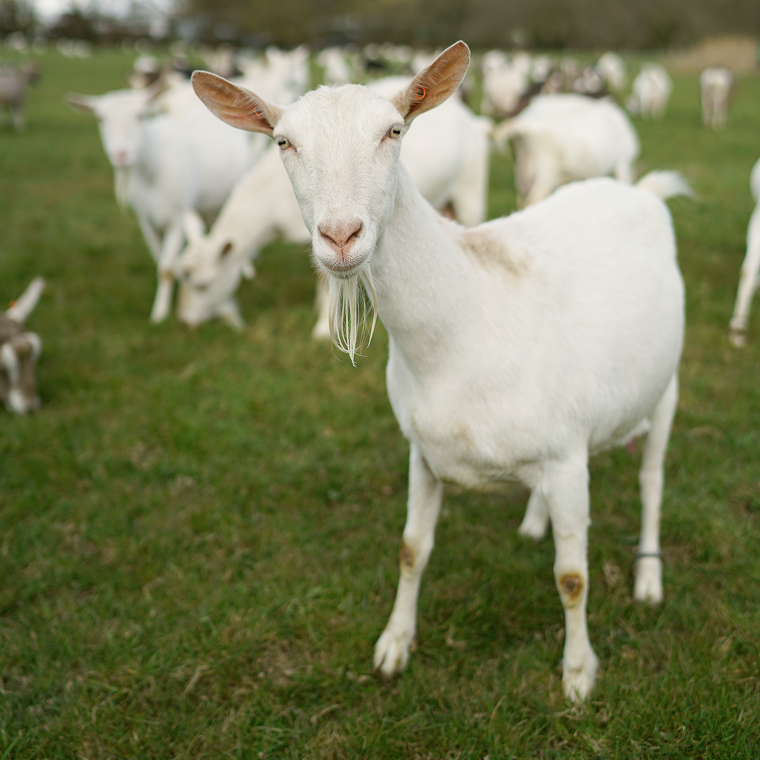When it comes to baby formula, the choices are endless and often come with ingredient lists longer than your weekly shop. But if there's one thing more and more parents are looking to avoid, it’s fish oil, that unmistakable aroma that seems better suited to a chip shop than your baby’s bedtime bottle.
What Is DHA And Where Does It Come From?
You’ve probably heard that DHA (docosahexaenoic acid) is one of the key omega-3s that support the healthy development of baby's brain and vision. People often think fish is a source of DHA, and they’re not wrong. But here’s the fun secret:
Fish don’t actually make DHA themselves. They get it from the food they eat, specifically, algae! 🌿
In the ocean, tiny marine algae naturally produce DHA. These microscopic plants are packed with it. When small fish eat the algae, the DHA builds up in their bodies. Bigger fish eat those small fish, and so on, that’s how DHA moves up the food chain.
So instead of going through the fish, some baby formulas and supplements go straight to the original source: algae.
Fortunately, not all formulas rely on fish oil to deliver omega-3 DHA. Some, including Kendamil, SMA Pro, and Nannycare, use plant-based DHA instead. And if you’re wondering which formula gets top marks for their recipe and taste, well, read on.
Why Are Parents Avoiding Fish Oil in Baby Formula?
Let’s be clear DHA (Docosahexaenoic Acid) is important and is included in all formulas sold in the UK by regulation. But how is it sourced? That’s where things get interesting.
Many formulas source DHA from fish oil, which:
- Can have a strong smell and taste
- May cause sensitivity in some babies
- Isn’t suitable for vegetarians
-
Can contribute to overfishing and marine sustainability concerns
We’ve heard from other parents that the fishy smell and taste they have experienced in other formulas is what attracts them to Kendamil, which is fish oil free.
The Rise of Plant-Based DHA
Enter algal oil, a vegan, plant-based source of DHA derived from marine algae. It delivers the same benefits as fish oil, without the... well, fishiness. And let’s be honest, that’s a win-win.
So, which UK follow-on formulas have ditched the fish? Let’s take a look.
Who’s Using Plant-Based DHA in UK Follow-On Formula?
We’ve rounded up three of the most talked-about formulas that don’t use fish oil, and one big name that still does.
✅ Kendamil Classic Follow-On Formula
- British, family owned brand
- 🥛 Made with whole milk
- 60:40 whey/ casein protein ratio
- ✅ Uses plant-based DHA from marine algae
- ❌ No fish oil, no palm oil, no soya
- ✅ Vegetarian-friendly
- 🏆 Winner of the Queen’s Award
Let’s start with the gold standard. Kendamil Classic is the only conventional follow-on formula in the UK that ticks every box for parents wanting a whole milk based formula, without fish oil.
We use plant-based DHA derived from marine algae, the original source of DHA (fish just eat the algae!). That means you get all the benefits of Omega-3s, with none of the fishy business. Better still, Kendamil Classic uses full-cream milk, giving it a naturally creamy taste babies actually enjoy.
No fish oil and no palm oil. Just high quality ingredients you can feel confident about.
SMA Pro Follow-On Milk
- ✅ Plant-based DHA
- ❌ Not certified vegetarian
- ❌ Not soya free
-
🚫 Made with skimmed milk only
SMA Pro Follow-On Formula also skips the fish oil, opting for plant-based DHA, however their formula is not made with whole milk and their recipe does include soya.
Nannycare Goat Milk Follow-On
- 🐐 Made with whole goat milk
- ✅ Plant-based DHA
- ❌ More expensive and less widely stocked
-
❌ 20:80 whey/ casein protein ratio
Nannycare’s goat milk formula is another fish oil–free option, using algal oil for its Omega-3s.
However, it can be pricey and is shipped all the way from New Zealand. It’s also a bit trickier to get hold of consistently, especially compared to Kendamil, which is available in most major supermarkets and via subscription.
❌ Aptamil Advanced & Aptamil Follow-On
- ❌ Still uses fish oil for DHA
- ❌ Not vegetarian-friendly
-
❌ More expensive option vs Kendamil Classic
Aptamil is one of the UK’s best-known formula brands, but when it comes to ingredients, it’s still swimming upstream.
Aptamil formulas continue to use fish oil as their DHA source, which is why they:
- Can be found to have a fishy smell by parents
- Aren’t suitable for vegetarians
-
Are also still one of the priciest formulas on the shelf
Despite their market dominance, Aptamil hasn't made the shift to plant-based DHA, making it harder for parents wanting to avoid fish oil to get behind the brand.
Why Kendamil Comes Out On Top
It’s simple, really.
Kendamil Classic is:
- British, family owned brand
- A whole milk based recipe, with the ideal protein ratio
- Free from fish oil, palm oil and soya
- Designed to be vegetarian-friendly
- Loved by babies. Trusted by parents.
And while other formulas tick some boxes, only Kendamil ticks them all.
Where to Find Kendamil Classic Follow-On Formula
You can pick up Kendamil Classic (Stage 2) at:
- kendamil.com
- Boots
- Superdrug
- Savers
- Iceland
- Asda
- Tesco
- Sainsbury’s
- Morrisons
- B&M
- Waitrose
- Co-op
Choosing a follow-on formula is about more than just price or packaging, it’s about knowing what’s inside. And when it comes to cutting out fish oil, Kendamil leads the way.
















